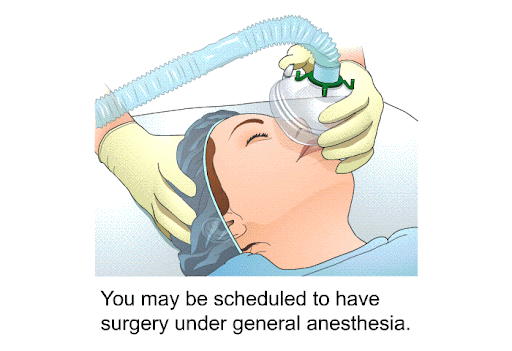
For general anesthesia to work, your body and brain must stop receiving nerve signals. It stops your brain from remembering what happened during your surgery and from absorbing pain. An IV line will be inserted into a vein in your hand or arm to administer anesthesia prior to your procedure. Gas can also be inhaled through a mask. Within a few minutes, you should be asleep. The doctor may insert a tube into your windpipe through your mouth after you’re asleep. During surgery, this tube makes sure you have adequate oxygen. In order to relax the muscles in your throat, the doctor will first prescribe medication. When the tube is put in, you won’t feel anything.
The anesthesia team will examine these and other bodily functions during surgery: